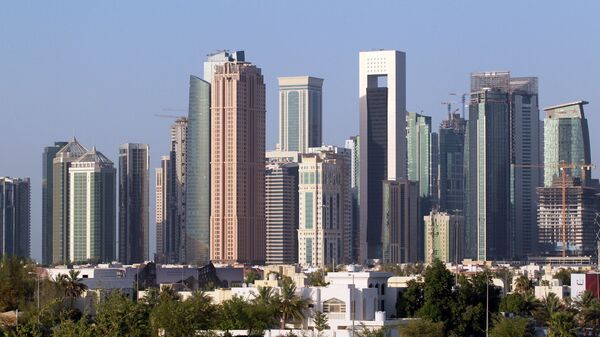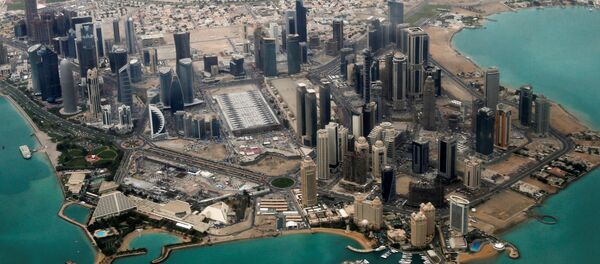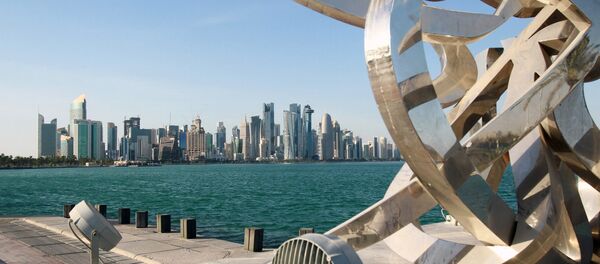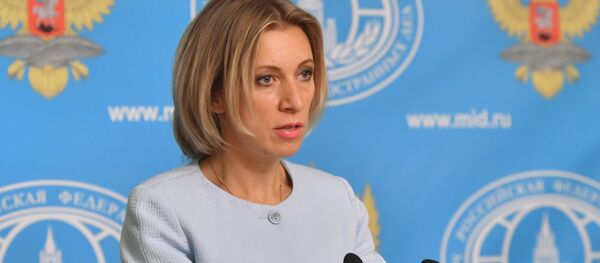According to another source, bilateral ties and the situation in the Middle East will be on the agenda of the talks.
"Russia cannot and should not be the single mediator in the settlement. But Moscow could take part in joint efforts at least to ease the tensions if not to reconcile the conflicting parties," Suponina told Sputnik.
According to the expert, "very few people" are interested in the escalation of the scandal between Riyadh and Doha. Such countries as Turkey, Kuwait and Oman have already engaged as mediators.
Suponina noted that since the very beginning of the conflict the mediators were interested in Russia’s participation in the settlement. Earlier this week, Russian President Vladimir Putin discussed the situation with his Turkish counterpart Recep Tayyip Erdogan.
"Russia has good relations with all countries involved in the conflict. It is necessary not to side with one or the other party. Russia should use its contacts in the Middle East to reconcile the sides," the expert said.
On June 5, Bahrain, Saudi Arabia, Egypt, the United Arab Emirates (UAE), Yemen, Libya, the Maldives and Mauritius severed diplomatic relations with Qatar. The states accused Qatar of supporting terrorist groups, as well as of interfering in other countries' domestic affairs. Riyadh has also imposed restrictions against Doha, including closing the border between the two states.
The Qatari Foreign Ministry rejected the accusations of interference in other countries' domestic affairs and said that Doha will not take responsive measures.
Doha claimed that the formal reason for the conflict was a story on the website of Qatar’s news agency on May 23. The story attributed false remarks to the Qatari emir, in which he made friendly comments about Iran and expressed support for the Muslim Brotherhood.
However, Saudi Arabia, the UAE and Bahrain continue to insist that Qatar must expel members of Hamas and other groups regarded by its neighbors as terrorists.
UAE Minister of State for Foreign Affairs Anwar Gargash told The Associated Press that Qatari government’s "fingerprints are all over the place" in funding terrorism.
Since the crisis erupted, Russia has insisted that it can only be resolved through diplomacy. Foreign Minister Lavrov said that Moscow would not interfere in those relations but added that Russia was interested in having normal relations with all nations in the Middle East.
"We are convinced that any divisions can take place. We were never happy over the difficulties that arose in relations of other countries. We are interested in maintaining friendly relations with everyone, especially in the region where concentration of all efforts of fighting a joint threat, the threat of international terrorism, is a priority," Lavrov told a press conference earlier this week.






